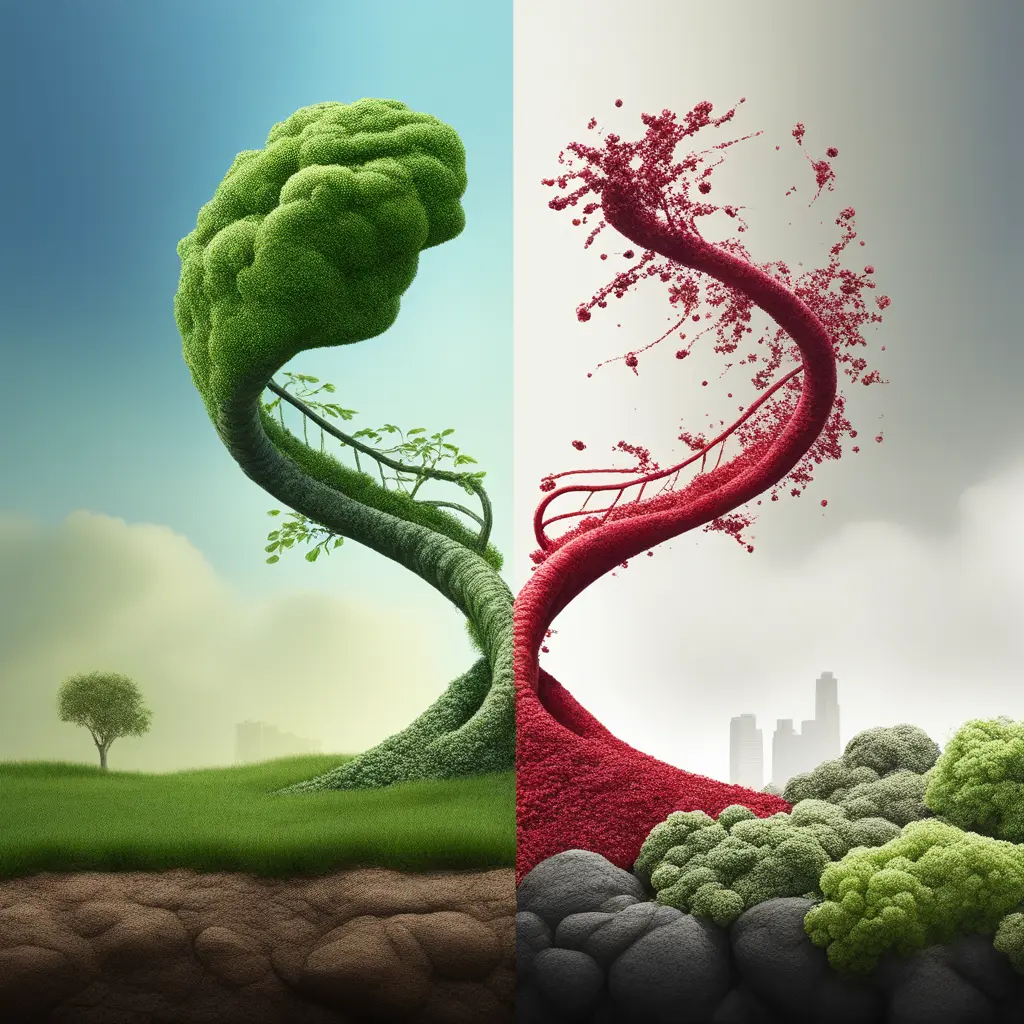What makes you? This is a complex question. There are many things that come together to make each person unique.
Who are you deep inside? What experiences shape the way you see the world? What qualities and talents define your character? Let’s explore what could make you, well, you!
Understanding Self-Identity
Self-identity is the combination of characteristics and qualities that make a person unique. It is the sense of self that we develop over time, influenced by our experiences, beliefs, and relationships.
Life is not about finding yourself; it’s about creating yourself.
Does Your Personality Show Who You Are?
We all have different personalities. Some people are quiet and like to observe. Some talk a lot and make friends easily. Others like to lead and try new things. Our personalities bring our unique talents and qualities out in the world.
Your sense of humor, creativity, kindness, or courage are also a big part of you. Little things like how tidy you keep your room or what music helps you relax also show aspects of who you are inside. Your personality is yours alone.
Nature vs. Nurture

The old argument about nature versus nurture is important in shaping who we are. Nature means our genes, and nurture means the things around us that affect us. Both nature and nurture affect our self identity, but we’re still figuring out how much each one matters. However, it is the dynamic dance between nature and nurture that creates beautiful artwork that is “you.”
For example, some people may say our personality is decided before from our genes, while others think who we are is shaped by the world around us and what happens to us. The truth is probably somewhere in the middle, with both nature and how we are raised having a part in who we think we are.
Personality
Our personality is a important in shaping our self-identity. It is the combination of characteristics, behaviors, and thought patterns that make us unique. Both nature and nurture play a role in shaping our self-identity. Some traits we get from our genes, and others are influenced by our environment. A metaphors is an other way to describe personality
For example, someone may have a naturally outgoing and extroverted personality, but their upbringing and experiences may have made them more quiet. Our personality can change over time as we learn about ourselves
Experiences
The experiences we have throughout our lives play a significant role in shaping our self-identity. These experiences can be positive or negative and can range from major life events to everyday interactions. Our experiences can shape our beliefs, values, and perspectives, all of which contribute to our self-identity.
For Example : If something bad happens to you, you might become more careful and not trust people as much. But if you grow up with lots of love and support, you might be more positive and believe in others. Our experiences can also shape our interests and passions, which can become a significant part of our self-identity.
Beliefs and Values

Our beliefs and values are another essential aspect of our self-identity. They are the principles and ideals that we hold dear and guide our thoughts and actions.
For Example, i was raised in a religious household in which strong religious beliefs shape my self-identity. Where we grew up, our culture, and the experiences we have can affect what we believe and value.
Relationships
The relationships we have with others also play a significant role in shaping our self-identity. Our interactions with family, friends, and romantic partners can influence our beliefs, values, and behaviors. These relationships can also provide us with a sense of belonging and acceptance, which is essential for our self-identity.
Growing up with a supportive family gave me a base, but making good friends in school helped me truly feel part of something. They let me be myself and try new things, finding what I liked. Not all friends were good though – some left me feeling bad – but kind people later helped me understand my own value instead of what others said (self esteem).
Embracing Your Self-Identity

Understanding who you are is the first step in becoming who you’re meant to be.
Accepting our self-identity allows us to understand our strengths and weaknesses, our values and beliefs, and our passions interests, and how we love ourselves . Here are some tips for embracing your self-identity:
Reflect on Your Experiences
Take some time to reflect on your experiences and how they have shaped you as a person. Think about the positive and negative events in your life and how they have influenced your beliefs, values, and personality. This reflection can help you gain a better understanding of yourself and your self-identity.
For example : Growing up with financial struggles taught me to work hard. Spending time in nature at camp helped me learn to solve problems on my own. Doing theater arts in school helped me feel more confident sharing myself with others. Those things all helped shape who I am now.
Explore Your Interests and Passions

Exploring your interests and passions is an excellent way to discover new aspects of yourself. Try new hobbies, take classes, or join groups that align with your interests. This exploration can help you gain a better understanding of what brings you joy and fulfillment, which is an essential part of your self-identity.
Surround Yourself with Positive Relationships
The relationships we have with others can have a significant impact on our self-identity. It’s best to be around people who make you feel good and help you be your real self. Relationships where people have your back and lift you up can help you accept who you are deep down and feel sure of it too. Friends like that can help you fully embrace what makes you.
Embrace Change and Growth
Our self-identity is not fixed; it is always changing with new things we see and learn about ourselves. Accept change and growth, and don’t be scared to try new things and leave your safe place. This openness to change can help you discover new aspects of your self-identity and continue to grow as a person.
For Example : I used to think I had to follow the same job as my family. But when I took a risk and tried something totally new, I found a interest I never knew about before. Being okay with this change helped me see myself in a different way. It let me think about new chances and helped me learn more about myself.
Now, I like trying new things because I know who we are can change from things we didn’t expect to do.
Conclusion
Our self-identity is a complex and ever-evolving concept that is shaped by a variety of factors. Our personality, experiences, beliefs, values, and relationships all contribute to who we are as individuals. By understanding our self-identity, we can gain a better understanding of ourselves and continue to grow and evolve as people.


